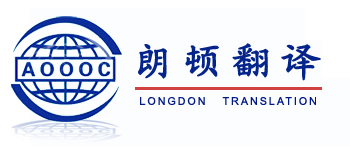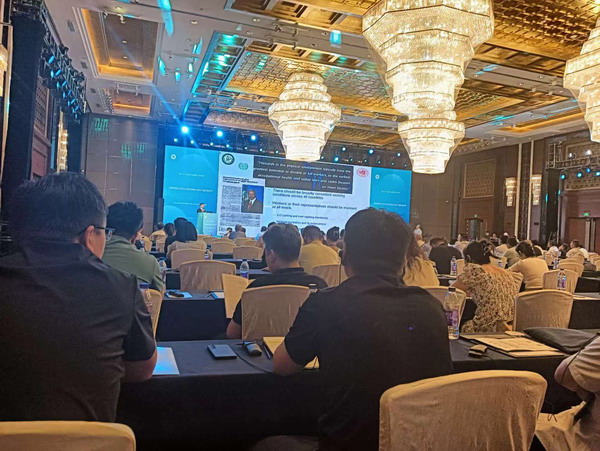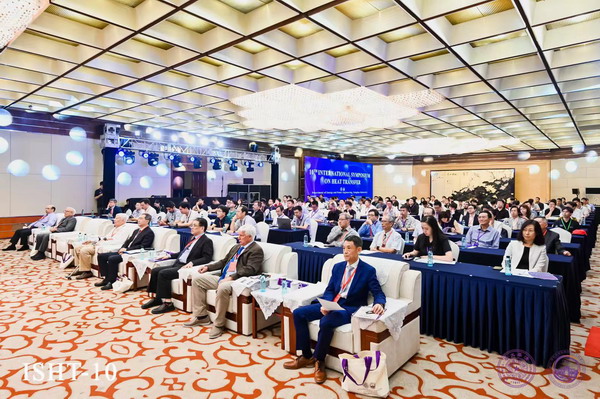Foreign children living in Chinese mainland demonstrate better performance than the world average in multiple areas including openness to new experiences, multilingual communication and social group expansion, according to an international expat survey issued on May 23 by HSBC.
據(jù)匯豐銀行5月23日發(fā)布的一項(xiàng)“全球移居人士調(diào)查”顯示,在中國生活的外籍孩子在接納新生事物、多語言溝通、擴(kuò)大社交群體等多個(gè)層面的表現(xiàn)均高于全球平均水平。
The survey, conducted over nine years, is the world's largest sustained investigation of its kind, inviting interviewees to share their experiences living overseas.
匯豐銀行的此項(xiàng)調(diào)查已持續(xù)開展了九年,是全球規(guī)模最大、持續(xù)時(shí)間最長的同類調(diào)查之一,會邀請受訪者分享其在海外移居的體驗(yàn)。
It covered more than 26,000 expatriates from countries and regions including Chinese mainland, Hong Kong, Taiwan, France, the U.K., the U.S., Australia, India and Indonesia.
參與本次調(diào)查的全球移居人士超過26000位,涵蓋中國內(nèi)地、香港、臺灣、法國、英國、美國、澳大利亞、印度、印尼等多個(gè)國家和地區(qū)。

The survey showed that about 80 percent of foreign parents in China believe their childrenhave become more open-minded since coming to Chinese mainland, 10 percent higher than theworld average.
八成受訪的在華外籍父母表示,他們的子女來到中國內(nèi)地學(xué)習(xí)生活后變得更愿意接納新文化及新事物,該比例高出全球平均值約10個(gè)百分點(diǎn)。
Meanwhile, 80 percent of the foreign children living in Chinese mainland can communicate in thelocal language, far above the global average of 59 percent.
同時(shí),近八成在華外籍父母表示,其孩子已能夠流利使用當(dāng)?shù)卣Z言進(jìn)行溝通,該比例也遠(yuǎn)高于全球平均值的59%。
In addition, nearly 60 percent of foreign parents in China believe their children's social circleshave been expanded by expatriation. Over half of them think their children have become moreconfident, and that their expat lives will benefit their overall development.
此外,近六成身處中國內(nèi)地的外籍父母認(rèn)同移居生活擴(kuò)大了其子女的社交朋友圈;超過半數(shù)則認(rèn)為自己的孩子表現(xiàn)得更為自信、新生活更有助他們的全面發(fā)展。
The survey also found that living in another country brings challenges for children, alongsidethe advantages.
但該調(diào)查也發(fā)現(xiàn),在另一個(gè)國家生活在給孩子帶來這些優(yōu)點(diǎn)之外,亦帶來了挑戰(zhàn)。
Nearly 50 percent of foreign parents in Chinese mainland consider adapting to new schools thebiggest challenge for their kids, while homesickness and the language barrier ranked secondand third.
近半數(shù)在華外籍父母表示,其子女移居到中國內(nèi)地后需要克服的最大困難是適應(yīng)新的學(xué)校,其次是想念故鄉(xiāng)以及語言障礙。




